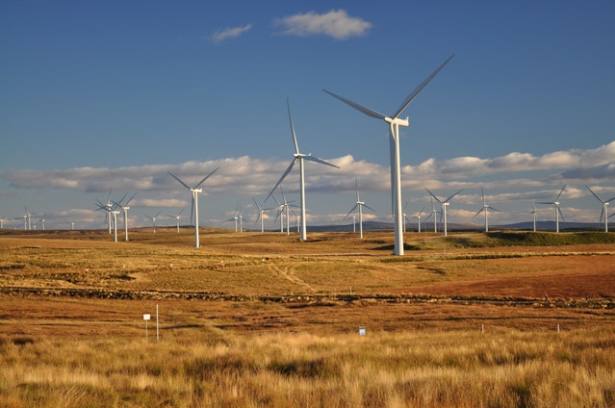As for these opportunities, David Harrison, fund manager of the Rathbone Greenbank Global Sustainability fund, cites electrification of the global transport fleet and global infrastructure investment.
“Global EV penetration is below 5 per cent, yet many global automakers are pivoting to a full electrification strategy. This creates a number of investment opportunities, but it’s important to own the companieswith durable barriers to entry and a long-term future.
“Equally we see a number of opportunities in global infrastructure investment. We anticipate significant investment in green infrastructure, such as sustainable buildings, water and renewable power. In each case it's critical to identify businesses that will be part of the long-term ecosystem and cannot be easily displaced.”
The role of responsibility in long-term investment
Similarly, Dean McSloy, partner at advice business The Private Office, does not think responsible investing is a bubble but a result of “changing global dynamics” from governments and chief executives around long-term sustainability.
“My personal view, longer term, is that every company that wishes to raise capital on public exchanges from investors is going to have to do better on environmental issues, social issues in the workplace and governance issues to attract that capital.
“The companies that aren’t scoring that well on ESG criteria are just not going to get the capital to expand the businesses that they run, and eventually their share price will depreciate on the back of it.”
Jones at PortfolioMetrix also refers to the role that responsible investing plays in long-term returns.
“At PortfolioMetrix, we believe that the consideration of environmental, social and governance factors are crucial to maximising long-term risk-adjusted returns for clients, as doing so ensures that all risks and opportunities related to an investment are understood.
“That said, ESG considerations aren’t the only important factors when selecting investments for the long-term. Traditional financial metrics such as those related to valuation still play a key part – just because a company performs well on ESG criteria, this doesn’t mean it’s also a good investment from a long-term, forward-looking perspective.
“Additionally, diversification is crucial from a portfolio construction point of view; strong ESG performers tend to be concentrated in the more quality and growth areas of the market such as clean energy, tech and healthcare and underweight in more cyclical areas of the market such as financials and more traditional energy companies. Therefore, relying solely on strong ESG credentials may leave you overexposed to particular areas of the market.”









